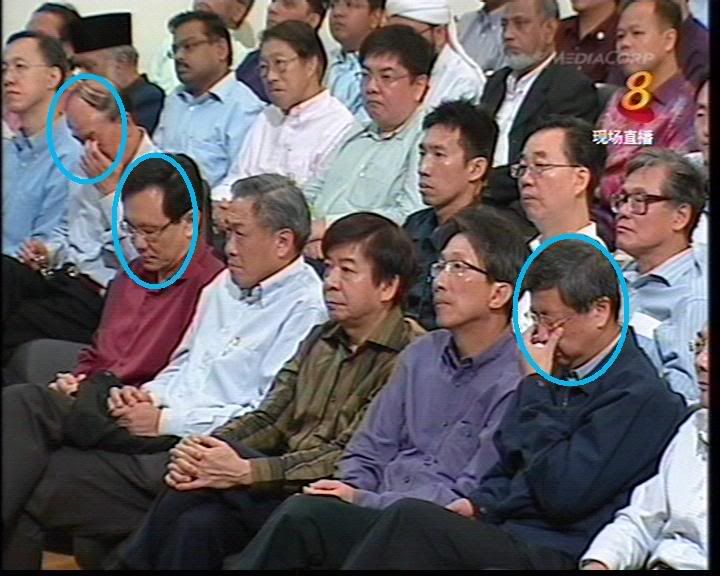Amendments proposed to 3 pieces of legislation dealing with death penalty
By S Ramesh | Posted: 15 October 2012 1958 hrs
SINGAPORE: Amendments have been proposed to three pieces of legislation which deal with the mandatory death penalty for murder and drug trafficking cases - the Criminal Procedure Code, Penal Code and the Misuse of Drugs Act.
In July, the government announced its intention to reform the mandatory death penalty as it applies to these cases.
Amendments to the Criminal Procedure Code will make the process of appeal automatic in death sentence cases.
The amendments create a mechanism for the Court of Appeal to review a death sentence where there is no appeal by the accused.
And no death sentence can be carried out, unless confirmed by the Court of Appeal on appeal or review.
Chairman of the Law Society's criminal law practice committee, Wendell Wong, said: "There is a belief that where fundamental liberties are concerned and especially where capital punishment is being imposed, we want to make sure that the right sentences are being passed down to the right offenders. Only in the most appropriate cases will the capital punishment be imposed and this is the right thing to do."
As for the Penal Code, in murder cases where killing is not intentional, the court can sentence the accused to death or life imprisonment.
Amendments to the Misuse of Drugs Act will allow the prosecution to issue a "Certificate of Cooperation", if the trafficker only played the role of courier and not involved in any activity related to the supply or distribution of drugs.
Such a discretion only applies if the trafficker has also cooperated with the Central Narcotics Bureau in a substantive way or has a mental disability which substantially impairs his appreciation of the act.
"Substantive cooperation" is defined as "substantively assisting in CNB's operations to disrupt drug trafficking activities within or outside of Singapore".
Mr Wong added: "What this means is that there will have to be an active engagement by the Public Prosecutor, and it is almost like a condition precedent that unless a Certificate of Cooperation is issued, only thereafter will the courts have the discretion to impose a life imprisonment or not."
As announced in Parliament in July by both the Law and Home Affairs Ministers, all existing cases if eligible, will be considered for re-sentencing under the new law. And re-sentencing will take place in the first instance in the High Court, with an option of appeal to the Court of Appeal.
A spokesman for the Home Affairs Ministry said executions were suspended in July 2011, and the suspension will continue until the proposed changes are enacted.
And once legislation is in place, all accused persons who meet the requirements can elect to be considered for re-sentencing under the new law.
This will involve accused persons in ongoing cases, as well as convicted persons who have exhausted their appeals and are currently awaiting execution.
Currently, there are 34 people on death row for murder and drug trafficking cases.
The Bills will be debated at a future sitting of Parliament.
- CNA/ck



